Uganda
Uganda will shorten the school term by two weeks to reduce daily contact among students and help curb the spread of Ebola, the education minister announced on Tuesday (November 8).
Authorities have been struggling to contain the highly infectious and deadly hemorrhagic fever since the epidemic spilled into the capital Kampala, home to around two million people.
"The government has reviewed and approved a proposal from the Ministry of Health to reduce the third term by two weeks in order to decongest schools that may increase children's vulnerability to EVD (Ebola Virus Disease) infections," Education Minister Janet Museveni, is also the wife of Ugandan President Yoweri Museveni, said in a statement Tuesday.
"Nursery, primary and secondary schools will close for the third term on Friday, November 25, 2022," she said, adding that schools "will be required to conduct examinations ... a little earlier starting next week."
This resurgence of the Ebola virus, which was made official by the Ugandan government on September 20 - a first since 2019 in this East African country - has so far claimed 53 lives, out of 135 cases of infection, according to official figures as of November 6.
According to Museveni, 23 cases of infection have been identified in children, eight of whom have died, and 16 others have been quarantined as of Nov. 4, 2022, to assess possible infection with the virus.
Eleven children attending five schools in the capital Kampala, neighboring Wakiso district, and Mubende are among the infected cases, it adds.
"Closing schools early will reduce the concentration areas where children are in close daily contact with other children, teachers, and other staff who may spread the virus," she says.
Authorities on Saturday extended for three weeks the lockdown of two districts in the center of the country, epicenters of the epidemic, with a ban on travel and closure of public places.
Ebola is an often fatal viral hemorrhagic fever. The disease is named after a river in the Democratic Republic of Congo (DRC) where it was discovered in 1976.
Human transmission is through bodily fluids, with the main symptoms being fever, vomiting, bleeding, and diarrhea.



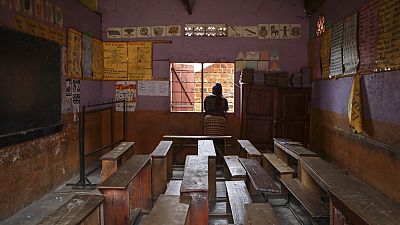

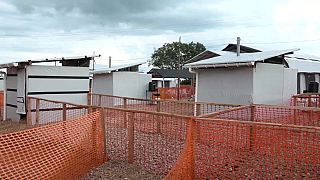


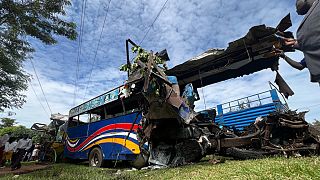

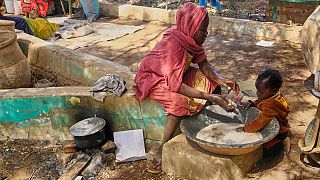


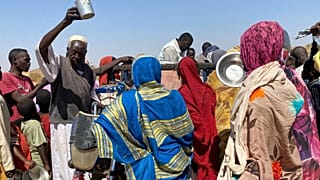
Go to video
Ghana makes local languages compulsory in schools
00:28
DRC begins countdown to end of Ebola outbreak as last patient recovers
01:30
DRC: Health workers say Ebola outbreak in Kasai being brought under control
01:13
Senegal reports 17 deaths in rare rift valley fever outbreak
00:56
Ebola outbreak in southern Congo shows signs of containment, says WHO
01:01
Ebola transmission declines in Congo’s Kasai region